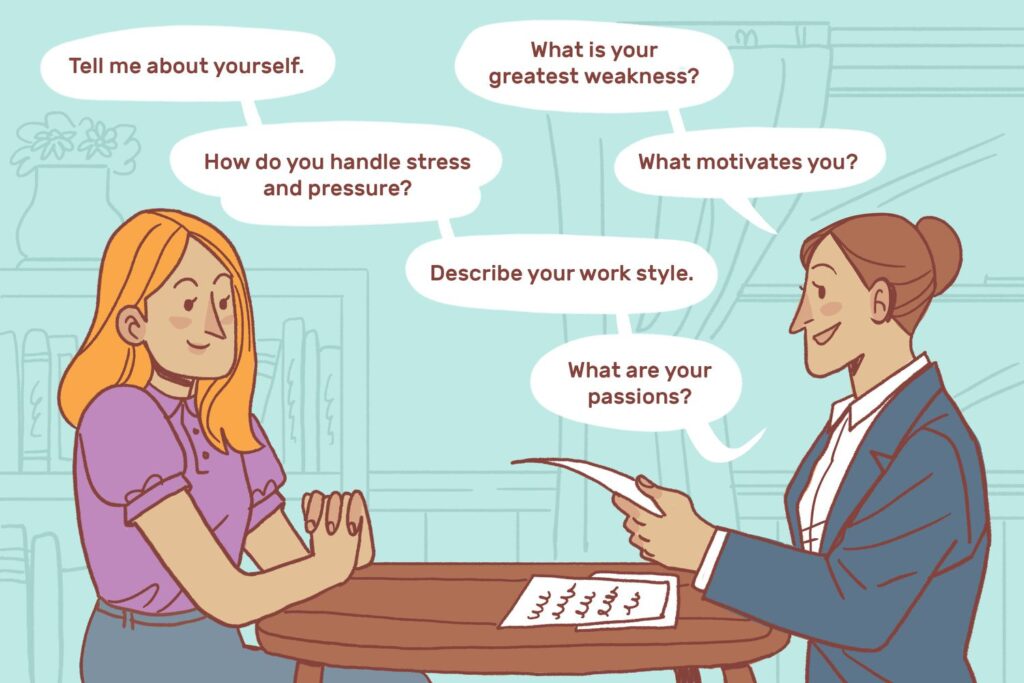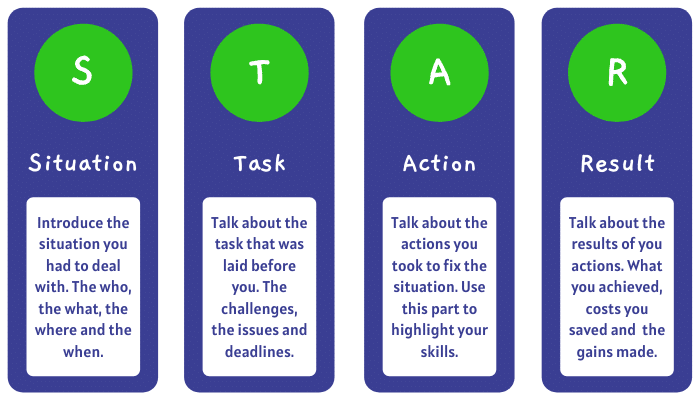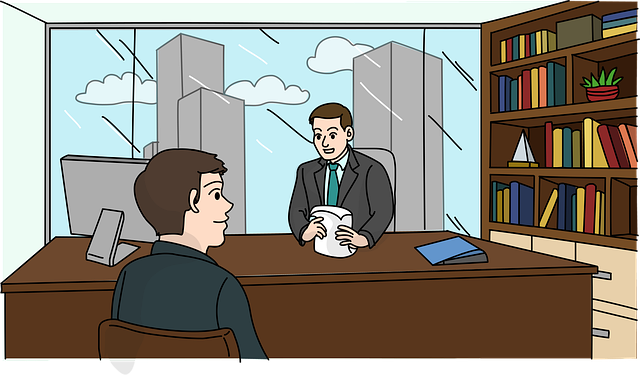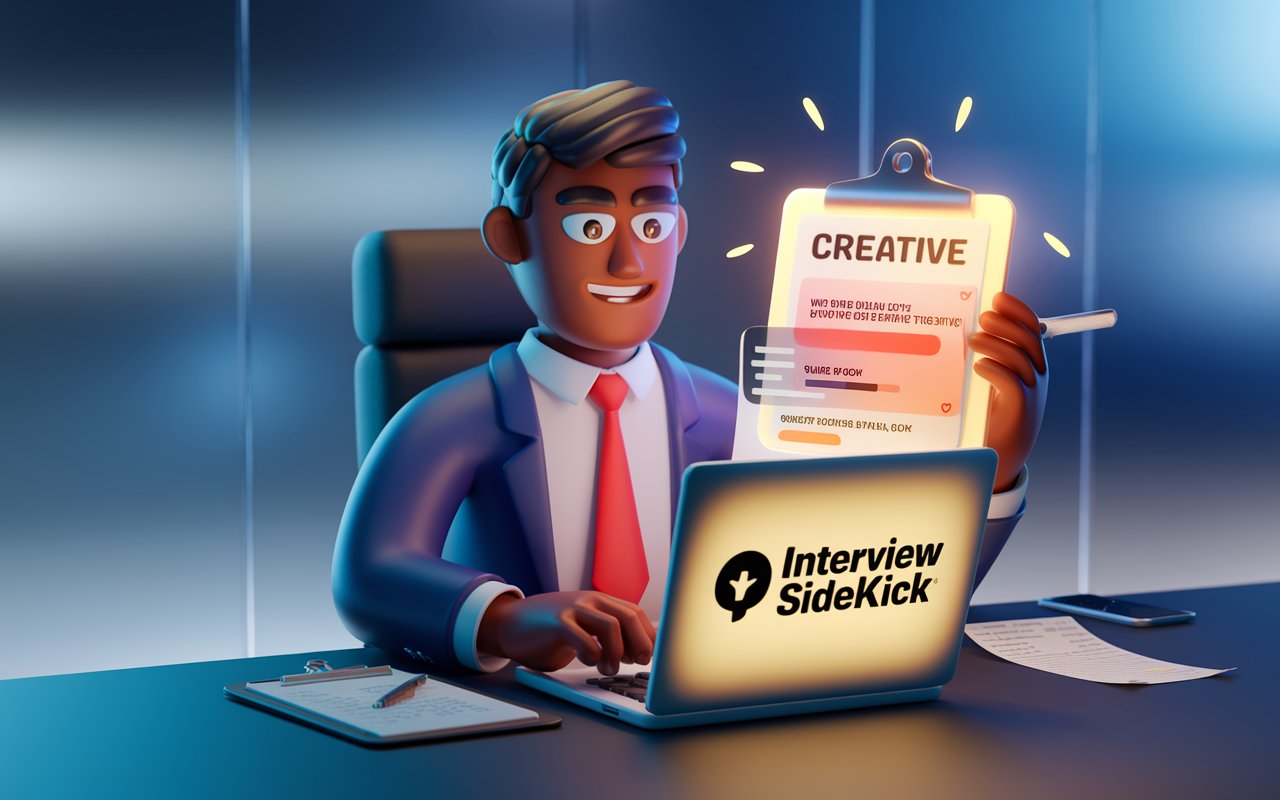3 Key Takeaways
• Mastering Common Generic Interview Questions: Learn how to effectively answer the most common generic interview questions, such as “Why should we hire you?” and “What are your strengths and weaknesses?” by structuring responses that highlight your skills and experiences.
• Personalization Strategies: Discover how to tailor your answers to align with the specific role and company, making generic interview questions an opportunity to showcase your fit and enthusiasm for the position.
• Avoiding Clichés and Pitfalls: Understand the common pitfalls and clichés to avoid when responding to generic interview questions, and learn how to provide unique, thoughtful answers that stand out to interviewers.
Introduction:
Job seekers often find interviews challenging. Answering generic interview questions poses a significant obstacle. These generic interview questions aim to uncover your skills, personality, and company fit. While they may appear simple, your responses can affect your interview outcome. This comprehensive guide will cover the most common generic interview questions. It will provide insights, examples, and strategies to help you craft the perfect answer.
The Power of Preparation

Why Preparation is Key
Getting ready isn’t just about practicing generic interview questions and answers; it’s about grasping the purpose of each question adjusting your replies to fit the job, and highlighting your best qualities in a way that matches the company’s principles. In fact, preparation gives you a base to answer with confidence and impact.
To learn more about getting ready for an interview, take a look at our Interview Skills to Get a Job in 2024 guide.
Check out the Indeed Career Guide to learn more about getting ready for interviews.
The STAR Method: Your Secret Weapon
The STAR (Situation, Task, Action, Result) method helps you structure your answers to behavioral generic interview questions. This approach ensures your responses stay on point relate to the generic interview question, and highlight results.
- Situation: Paint a picture of the scenario.
- Task: Tell them about the challenge or duty you had.
- Action: Explain what you did to tackle it.
- Result: Talk about what happened and why it matters.

Breaking Down Common Generic Interview Questions
Tell Me About Yourself
This question kicks off the interview. It’s more than just a way to get things started; it gives you a chance to shape the direction of the conversation.
- How to Answer: Talk about your work history, big wins, and what makes you a great fit for the job.
- Structure: Begin with your current job, mention your past work, and end by saying why you’re pumped about this chance.
- Example: “Right now, I work as a software engineer at XYZ Corp. I lead a team that comes up with new ideas to make our product work 20% better. Before this, I worked at ABC Ltd. That’s where I got good at managing projects and working with teams. I’m stoked about this job because I love to create new tech that pushes boundaries.”
To see more examples take a look at our Top Interview Tips During Job Interview post.
Why Do You Want This Job?
This question checks how much you know about the company and the job. It gives you a chance to prove you’ve researched well.
- How to Answer: Connect your abilities and experiences to the job needs. Express excitement for the company’s goals and principles.
- Structure: Begin by talking about the job aspects that interest you then relate them to your skills.
- Example: “This role appeals to me because your company is committed to sustainability. My background in environmental engineering fits well with your current projects, and I’m keen to help make a real difference.”
To learn more ways to tackle this question, check out The Muse.
What Are Your Strengths?
Now’s your chance to stand out. Show off the skills that match the job best.
- How to Answer: Pick skills that fit what the job needs. Back up what you say with real examples.
- Structure: Name your skill, give an example, and tie it to the job.
- Example: “I’m good at solving problems. In my last job, I led a project that hit some unexpected snags. But by looking at the situation and coming up with new ideas, we finished .”
To get more tips on spotting and talking about your strong points, check out our 50 Behavioral Interview Questions blog.
What Are Your Weaknesses?
This question is tough; you need to be truthful without hurting your chances.
- How to Answer: Pick a genuine weakness, but one that won’t hurt your chances of doing the job well. Talk about how you’re trying to get better at it.
- Structure: Name the weakness, describe the actions you’re taking to improve, and finish with something upbeat.
- Example: “In the past, I’ve had trouble with speaking in front of groups, but I’ve started taking classes and offering to give presentations at work to boost my confidence.”
Learn how to turn weak points into strong ones in our Google Interview Warmup 2024 article.
Where Do You See Yourself in 5 Years?
This question checks your career plans and if you’ll stick around for a while.
- How to Answer: Talk about your wish to grow within the company. Make sure your goals fit with where the company’s heading.
- Structure: Bring up your career goals, show how the job matches these goals, and tell them you’re in it for the long haul.
- Example: “Five years from now, I picture myself leading a team here helping to spark new ideas for our products. I’m keen to grow alongside the company and play a part in its wins.”
To learn more about creating a response that looks to the future, check out this Career Advice Article by Novorésumé.
How Do You Handle Stress?
Companies want to know that you can keep up your performance when you’re under pressure.
- How to Answer: Share concrete ways you deal with stress, like managing your time or setting priorities.
- Structure: Explain the method, show how it’s helped before, and connect it to the job.
- Example: “I cope with stress by splitting big tasks into smaller ones and putting them in order. In my last job, during a high-pressure project, I made a detailed schedule that kept me on track and helped me meet all due dates.”
Find out more about tackling workplace issues in our Ace Interview Warm-Up Questions 2024 guide.
What Is Your Biggest Professional Achievement?
This question gives you a chance to highlight a career success.
- How to Answer: Pick an accomplishment that relates to the job you want. Use the STAR method to organize your response.
- Structure: Paint a picture of the situation, explain what needed to be done, describe your actions, and finish with the outcome.
- Example: “My biggest work accomplishment was when I led a team that grew our company’s market share by 15% in just six months by rolling out a new product line.”
To see more examples, take a look at our Ultimate System Design Interview Guide for Senior Engineers 2024.
Why Should We Hire You?
This question gives you a chance to make your final pitch to the employer.
- How to Answer: Stress how your abilities, work history, and excitement make you the right choice for the job.
- Structure: Showcase your standout qualities, link them to what the job needs, and show your keenness to make a difference.
- Example: “You should hire me because I offer a special mix of skills and experience that fit this role. My work in digital marketing, plus my love for solving problems, will help me boost growth and bring new ideas to your company.”
To get more advice on making a compelling case for yourself, check out our Crack Interview at FAANG Companies 2024 blog.
Advanced Strategies for Acing Interviews

The Importance of Research
Research involves more than just knowing the company’s name and mission. Look into their latest projects, company culture, and industry trends. This knowledge will allow you to customize your responses and demonstrate your genuine interest in the company.
Check out our How to Nail Your Amazon Interview 2024 guide to learn how to research a company.
Body Language and Non-Verbal Cues
Your actions can say more than your words. Keep eye contact, shake hands, and sit straight. These little signs show you’re confident and professional.
This Harvard Business Review article talks more about why body language matters in interviews.
Post-Interview Etiquette
Your interview doesn’t end when you leave. A well-written thank-you email can make you stand out from other applicants.
Get tips to write an excellent follow-up in our Write Thank You Letter After Interview blog post.
Adapting to Virtual Interviews

Mastering the Virtual Environment
As more people work from home online interviews have become common. Make sure your tech works well, your space is quiet without distractions, and you look professional on camera.
To learn more about online interview strategies, check out our Ace Interview Warm-Up Questions 2024 article.
Technical Setup and Troubleshooting
Try out your gear before the interview—camera, mic, and internet. Get to know the platform you’ll use for the interview, like Zoom, Teams, or Google Meet.
To get more tips on setting up virtual interviews, check out Indeed’s virtual interview tips.
Dealing with Tough Questions
Tackling Salary Talks
When someone asks about your pay expectations, you need to find a middle ground between knowing your value and being open to negotiation.
- How to Answer: Look up what’s normal for the job in your industry then give a range instead of one number.
- Example: “From what I’ve learned and my experience, I think a salary between $70,000 and $80,000 fits this job, but I’m ready to talk more once I know about the whole pay package.”
To learn more about salary negotiations, check out our Mastering Your Amazon Interview 2024 blog.
Addressing Employment Gaps
If your work history has breaks get ready to explain them with confidence and a positive attitude.
- How to Answer: Tell the truth about the gap, highlight what you did during that time, and show how it makes you a stronger candidate.
- Example: “I used my gap year to expand my knowledge and volunteer at a non-profit. This experience helped me gain new skills in project management and teamwork.”
Take a look at our Amazon Interview Secrets in 2024 to learn more strategies.
The Final Word: Practice Makes Perfect
Mock Interviews: Your Key to Success
Mock interviews are one of the best ways to get ready for an interview. They help you improve your answers, boost your confidence, and lower your stress.
Check out our full guide on Job Mock Interviews for Software Engineers to get detailed tips and resources.
Continuous Improvement
Each interview gives you a chance to learn. Think about what happened after everyone, spot ways to get better, and keep working on your skills.
To find more help, check out Novorésumé’s Interview Guide.
To wrap up: How to Stand Out in Your Next Interview
Getting ready, practicing, and staying upbeat are key to doing well in interviews. If you follow this guide and use the tips we talked about, you’ll be ready to answer any common generic interview question with ease and calm. Just remember, every interview lets you show off what you can do and leave a strong impression.
Final Thought: Want to do well in your next interview? Start practicing with our Google Interview 2024 and Guide to the Amazon Interview 2024 resources. Best of luck!




